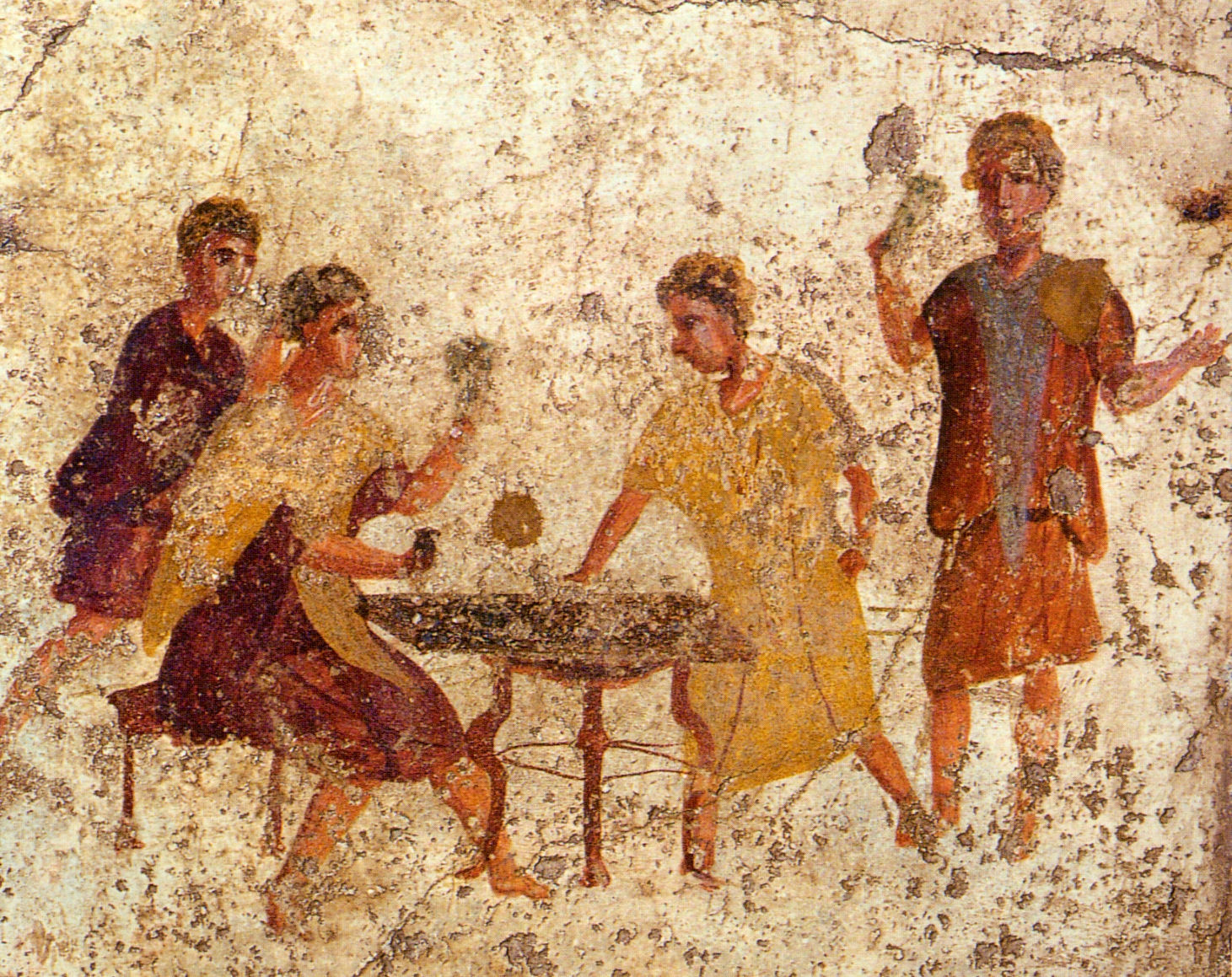| Discurso Funebre Pericles (Pericles' Funeral Oration) by Philipp Foltz (1877) Public Domain via Wikimedia |
 Politics and the English Language by George Orwell
Politics and the English Language by George OrwellMy rating: 4 of 5 stars
To say that this book is equally applicable today is naive. Orwell's work is applicable to all of history, whether in the sense that politicians rarely say what they mean, or hide atrocities through vague language, or whether all of history has been re-written in such a way as to hide the truth. The word "democracy" as we use it today, and especially when we mean the phrase "liberal democracy", is the opposite of what Orwell writes. For example, why use a phrase when a single word will do? In the case of liberal democracy, why use a single word when we really mean a phrase? Any undergraduate student of politics should know that "liberal democracy" is an "essentially contested concept". But why is this so? Orwell explains:
In the case of a word like democracy, not only is there no agreed definition, but the attempt to make one is resisted from all sides. It is almost universally felt that when we call a country democratic we are praising it: consequently the defenders of every kind of régime claim that it is a democracy, and fear that they might have to stop using the word if it were tied down to one meaning. Words of this kind are often used in a consciously dishonest way. That is, the person who uses them has his own private definition, but allows his hearer to think he means something quite different.
What does this mean? It means that attempting to "depoliticise" (Orwell criticises the use of un- and de- and -ise words) language is a political act. Indeed, to be conservative is to prevent another's exercise of power by exercising a legacy power while claiming that no such power exists. It is interesting that this work includes Orwell's review of Hitler's Mein Kampf, where he claims that in Hitler's Brownshirt days, he was regarded by both the left and the right as a conservative. And whenever I think of Hitler I cannot help but think of the movie Tea with Mussolini, for the same reason. To conclude, this work is relevant to all time, just as the political dramas unfolding today have been unfolding forever, and will continue to do so. But what can we do? If my other reading is anything to go by, we can take a "bird's-eye view" like the Stoics, and see history for what it is. Or, one might adopt an Epicurean approach and withdraw from politics altogether. Nonetheless, if one combines the two approaches, one can see it for what it is, and withdraw, knowing it will make no difference either way, and then focus on using plain and simple English to convey the truth. The major difference today, however, is that there is an app that will help one do just that. Aren't we lucky.
 Donate
Donate









